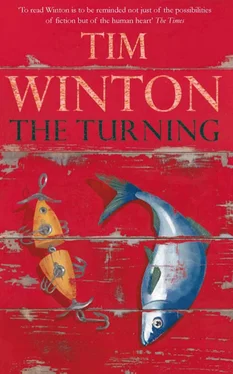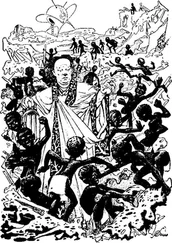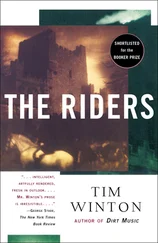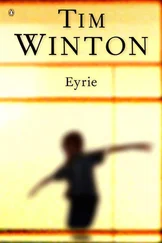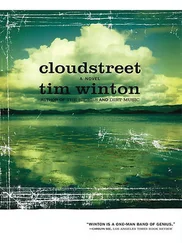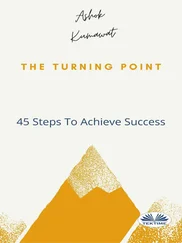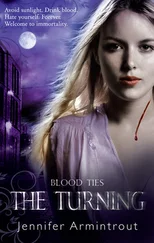You could say that Vic grew up in Alison’s shadow. He had a few girlfriends in high school but he was inattentive. The girls assumed his distraction was the usual male malaise but in his case it wasn’t his mates who were constantly hovering at the edge of his mind.
In her final year of school as the netball captain, as a girl thought by most to have overcome a cruel twist of fate, Alison published a short but puzzling poem in the school magazine. As far as anybody could tell the poem was about two girls in flames. Vic overheard some teachers discussing the image in the library. What a shame it was, they said, that the girl hadn’t conquered her defect after all. Despite everything we’ve done for her. It’s indulgent. You just can’t let yourself be defined by these things.
Indulgent or not, Vic liked the poem. The teachers’ talk outraged him. He found himself suddenly emboldened. With a copy of the school magazine under his arm Vic marched down to the changerooms to confront Alison as she emerged for training. She looked startled. Right off the mark he declared that he loved her poem and then, to his own horror, he went on to testify to his love for her. She burst into tears and retreated to the changeroom. Vic stood there a moment before he thought of the posse of girls inside. He fled.
And then Alison graduated, got on the Westrail bus and headed for the city.
I’m ten years younger than Vic. I was brought up in the suburbs. So much of his youth seems to have taken place in an altogether different country — the teenage pregnancies, the roll-call of who died or went to jail before they reached majority — and the soundtrack of his youth is different from mine, but we do share a sense of having lived under siege. We each knew about the transmission of fear, and the fatigue associated with living in a circumscribed world. For me it was the church and for him the town, and for both of us the weird culture of family. When Vic and I met we were emerging from lives of vigilance and I think we liberated each other. Which is why I don’t give up on him. We’re part of each other’s survival. But it’s gone awry since his parents died. He’s frozen over, shut down. And there’s this unsettling reversion to thinking about Strawberry Alison, as though he’s not just mourning his parents and his newly-remembered sister, but his whole boyhood, the gauche lad that he was. I’m always trying to convince him to come with me to the old place and face down a few ghosts. I keep thinking we should buy a panel van and cruise the beaches for a month. But he’s not having any of it and I’m sick of waiting. I don’t feel it but, for God sake, I’m still young. Some Fridays I’m tempted to quit him altogether. These past few weekends I’ve come close.
His mother died of cancer. His father was there for it. Out of the blue, after twenty-something years. Two days of family and then the old man went back out bush and fell down a disused mineshaft. I only met him the once at poor Carol’s bedside. He was so thin and proud. And sober. Like a man from another era. His dying wife was incandescent. Rage, love, forgiveness. The feeling between them was so strong I could barely stay in the room.
In his last year of school Vic did what all country boys did. He rode around in cars and saved for one of his own. He went to parties and got smashed on Brandovino and Blackberry Nip. Out at salmon camps along the coast he smoked dope and lost his virginity. He felt what it was like to get a Holden airborne at a hundred miles an hour. He studied hard and thought about being a lawyer. He looked after his mother. He heard the rumours about Strawberry Alison at university and he tried to keep an open mind.
Word came back to town that Alison was a born-again lesbian. It was something she picked up at uni, like vegetarianism. Vic found it hard to believe. For him she was still the epitome of regular sex, real sex, normal sex. Those long legs, her downy arms and white teeth, the swing of blonde hair and the crimson veil across her face. And yet, re-reading that old poem, he began to wonder. Two girls in flames. What longing had he really seen in Alison’s eyes?
At year’s end, with the final exams behind him, Vic drove out with his classmates to Massacre Point where somebody had a bonfire going and a keg open. He’d barely been there five minutes when a little green Renault pulled up and two girls got out. One of them had black curls thick and long as a cape and the other, the one with the crewcut, might have gone unrecognized if it hadn’t been for the birthmark vivid in the firelight as she strode up. There was a moment of suspension. Music but no talk. Kids looked across the fire at each other as if gauging the mood, and then they all surged forward to greet Strawberry Alison. Except for Vic who was left with her girlfriend, the Italian beauty. For half an hour he drank beer and asked polite questions about university when all he wanted to know was what it was like to make love to Alison. What did it feel like to have her cheek against yours on the pillow? The dark-haired girl was witty and gorgeous. She made Alison finally impossible. But to his surprise he felt no envy.
When Alison joined them he jerked like a startled horse.
I still love your poem, he heard himself say.
And I still love you for loving it, said Strawberry Alison.
There was, for Vic, nothing else to say. He went home early and missed the best and worst of the party. When he woke, his mother told him that two girls had hit a tree out on the coastal highway. The car exploded on impact and incinerated them both.
Around noon Vic drove back out toward Massacre Point and found the big gouged marri tree on the bend and he walked out with the others across the blackened paddock and thought of the crimson splash of flame Alison had sent forth and wondered if she had foreseen her own death.
I’ve been out there myself more than once. The tree is still scarred. The white crosses are gone. This winter the paddock is swimming with green hay. I’ve seen photos of the girl and read her poem and both seem unremarkable except for the fact that they entranced the boy who became my husband. I sit in a motel like a woman waiting for a man to show up. I go out to the cliffs with binoculars to see whales find their way in from the southern mist and I walk here in this paddock, stubbornly, wondering at the heat each of us leaves in our wake.
PETER DYSON CAME HOME ONE DAY to find his wife dead in the garage. He’d only been gone an hour, kicking a ball in the park with their four-year-old son. The Ford’s motor was still running, its doors locked, and even before he knew it for certain, before he put the sledge-hammer through the window, before the ambulance crew confirmed it, he was grateful to her for sparing the boy.
He held himself together until the funeral and then for a few weeks he lost his mind. His mates avoided him, but their wives rallied to save him. He drank alone until he blacked out. When he bothered to eat he forked up food straight from the casserole dishes his friends’ wives left him when they dropped Ricky back in the evenings. One morning he woke beside one of those wives and she was weeping.
Thereafter Dyson endeavoured, for the sake of his son, to lead a decent, stable, predictable existence, something as close to normal as a ruined man could manage. Though he hated the house now and the city around it, he was determined to stay on in Fremantle for Ricky’s sake, so that his year of kindergarten might proceed uninterrupted.
And somehow the better part of a year fell by. Ricky smiled, unbidden, and seemed to forget his mother for weeks at a time. It was a mercy. Dyson worked a couple of days a week. He did not see friends, he wasn’t sure he had any left. His life was not joyless yet its pleasures were close to theoretical. He appreciated more than he felt. Still, he believed that he was making progress. He was not reconciled but he was recovering.
Читать дальше
